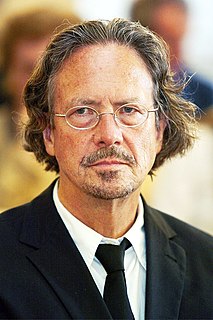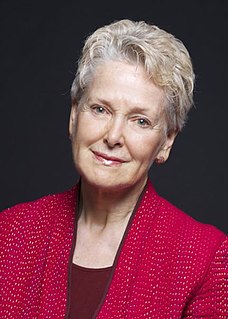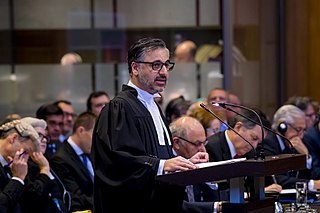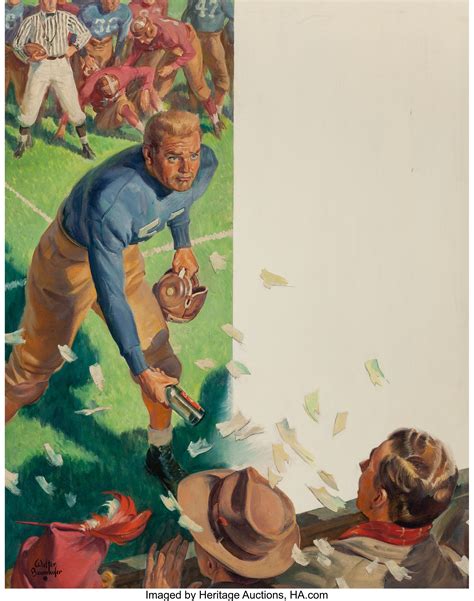A Quote by Peter Handke
I wrote about the Serbs, because no one was writing about them, even if I also think about the Croat and Muslim victims.
Related Quotes
"Only write what you know" is very good advice. I do my best to stick to it. I wrote about gods and dreams and America because I knew about them. And I wrote about what it's like to wander into Faerie because I knew about that. I wrote about living underneath London because I knew about that too. And I put people into the stories because I knew them: the ones with pumpkins for heads, and the serial killers with eyes for teeth, and the little chocolate people filled with raspberry cream and the rest of them.
I think all writing is about writing. All writing is a way of going out and exploring the world, of examining the way we live, and therefore any words you put down on the page about life will, at some level, also be words about words. It's still amazing, though, how many poems can be read as being analogous to the act of writing a poem. "Go to hell, go into detail, go for the throat" is certainly about writing, but it's also hopefully about a way of living.
I took to writing as my medicine to help me stay afloat in acting career journey. I wrote about me breaking hearts, and my heart being broken. I wrote about my views whether they were liberal or conservative. I wrote about everything. I wrote about my life. When I did not have paper coming in as green backs, I'd use random pieces of paper for stories. It was like, I got no money, but I have paper to write. So I wrote.
I didn't quite know whether I was writing for the non-Muslim or the Muslim, and at the end of the day I'm writing, I hope, for people who are interested, whatever their faith. Even if they don't have any faith. As a barrister I had certain advantages - I could think like a lawyer and I knew how all the laws were fitted together and all the rest of it. One of the things I realized pretty early on while I was writing book about Shari'a was that that was as much a hinderance as it was a help because the Shari'a isn't just a system of rules.
Everyone always asks, was he mad at you for writing the book? and I have to say, Yes, yes, he was. He still is. It is one of the most fascinating things to me about the whole episode: he cheated on me, and then got to behave as if he was the one who had been wronged because I wrote about it! I mean, it's not as if I wasn't a writer. It's not as if I hadn't often written about myself. I'd even written about him. What did he think was going to happen? That I would take a vow of silence for the first time in my life? "
Climate change is not about climate change. It's about the people in it getting rich off of an ever-expanding, growing, controlling government. It's all about expanding the government and government control over people. It's about creating victims. When you successfully turn somebody into a victim, you have automatically made them a dependent on you. You are essentially telling them they have lost the power necessary to solve their own problems. And you create within them a mentality that they can't overcome their own problem because they're victims.
That's one thing brands are understanding is, I'm the blogger who's not writing about fashion. I'm not writing about beauty. I'm not writing about gossip. I'm not writing about politics. I'm writing about all of that. I'm the person they can come to if they just want to reach people who care and have their fingers on pop culture.
I was able to notice in a very early stage, there were discrepancies between the people who are writing the songs and discrepancies about the self that I was writing about. I was feeling that there were all these different people, both writing the record and having the record being written about them, even though ostensibly it was me sitting down and documenting a series of life experiences. Part of that, when I recognized this unconscious thing I was doing, was about these spaces, about these gaps.







































